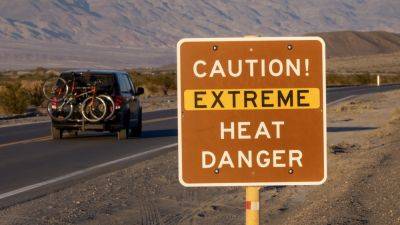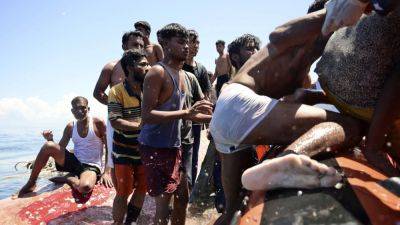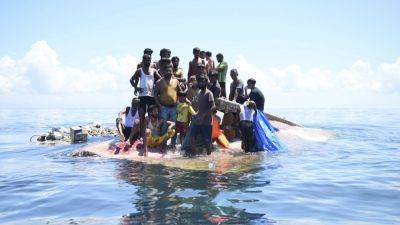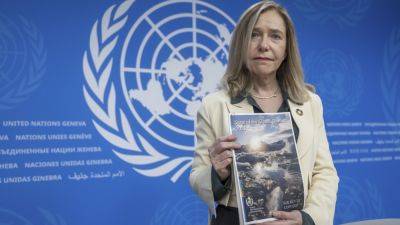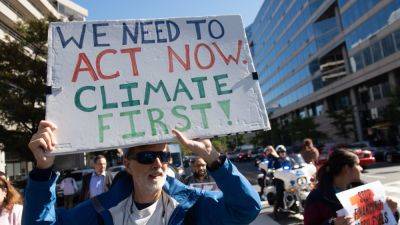Protecting climate refugees requires a legal definition
While there is much talk about climate migration, there is still no legal framework to protect people displaced by climate disasters.
During the UN Climate Conference (COP28) in Dubai last year, the terms “climate migrants” and “climate refugees” echoed loudly across meeting rooms and panels. These labels were passionately used by high-ranking UN officials, external stakeholders, scholars and activists grappling with the consequences of climate change.
During a panel discussion, I emphasised that these terms hold no legal weight and inquired about the need for specific legal protections for those affected by climate-induced displacement. My question was quickly shut down by the panel organisers, surprising attendees.
My thoughts ran quickly to the many people displaced by climate change I knew: the Ecuadoran refugees who arrived in New York, seeking sanctuary from environmental turmoil at home, the women in the Sundarban islands of West Bengal facing climate-driven disasters but unable to relocate, and many of my neighbours in Brooklyn, who have experienced recurrent home destruction due to heavy rainfall. All of them do not have any form of international legal protection that can guarantee them dignified life.
Sadly, the dismissive response at COP28 reflects a larger pattern of denial. Legally defining “climate refugees” has been fiercely debated globally on many accounts. Critics often argue that attributing migration solely to climate change oversimplifies a complex web of influences on human mobility. They claim that these terms diminish the role of institutional and human responses, and social conditions in transforming environmental stressors into crises.
Thus, this complexity makes it impossible to distinguish


